Christine Krzyszton
Christine Krzyszton
Senior Finance Contributor
354 Published Articles
Countries Visited: 100U.S. States Visited: 45
Christine ran her own business developing and managing insurance and financial services offices. This stoked a passion for points and miles and she now has over 2 dozen credit cards and creates in-dep...
Edited by: Keri Stooksbury
Keri Stooksbury
Editor-in-Chief
73 Published Articles 3694 Edited Articles
Countries Visited: 54U.S. States Visited: 28
Editing with Upgraded Points for over 6 years, as editor-in-chief, Keri manages the editorial calendar and oversees the efforts of the editing team and over 20 content contributors, reviewing thousand...
& Kellie Jez
Kellie Jez
Director of Operations & Compliance
6 Published Articles 1292 Edited Articles
Countries Visited: 10U.S. States Visited: 20
Kellie’s professional experience has led her to a deep passion for compliance, data reporting, and process improvement. Kellie’s learned the ins and outs of the points and miles world and leads UP’s c...
![The 7+ Best Credit Cards for Travel Accident Insurance [2025]](https://upgradedpoints.com/wp-content/uploads/2019/08/Chase-Ink-Business-Preferred-Sapphire-Preferred-Sapphire-Reserve-World-of-Hyatt-Card-Upgraded-Points-LLC.jpg?auto=webp&disable=upscale&width=1200)
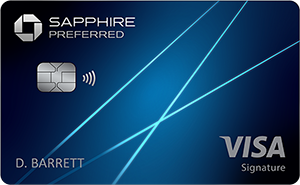
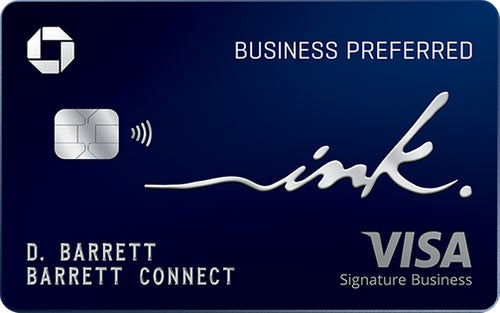


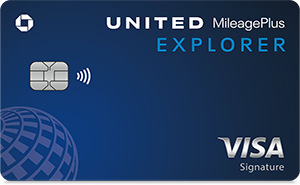
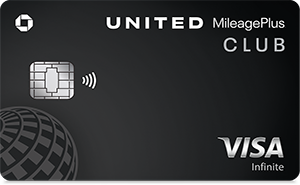
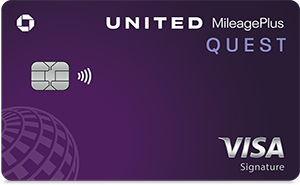
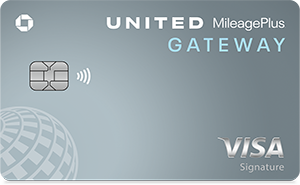


![The Best Capital One Credit Cards for Travel Rewards, Cash-Back, and More [July 2025]](https://upgradedpoints.com/wp-content/uploads/2022/12/Capital-One-Venture-One-Upgraded-Points-1c-1.jpg?auto=webp&disable=upscale&width=1200)
![The Ultimate Guide to Buying the Best Travel Insurance [For You]](https://upgradedpoints.com/wp-content/uploads/2018/09/Travel-insurance-tag-on-luggage.jpg?auto=webp&disable=upscale&width=1200)
![The 10+ Easiest Credit Cards to Get Approved For [2025]](https://upgradedpoints.com/wp-content/uploads/2019/01/Capital-One-Platinum-Capital-One-Quicksilver-One-Upgraded-Points-LLC-2.jpg?auto=webp&disable=upscale&width=1200)